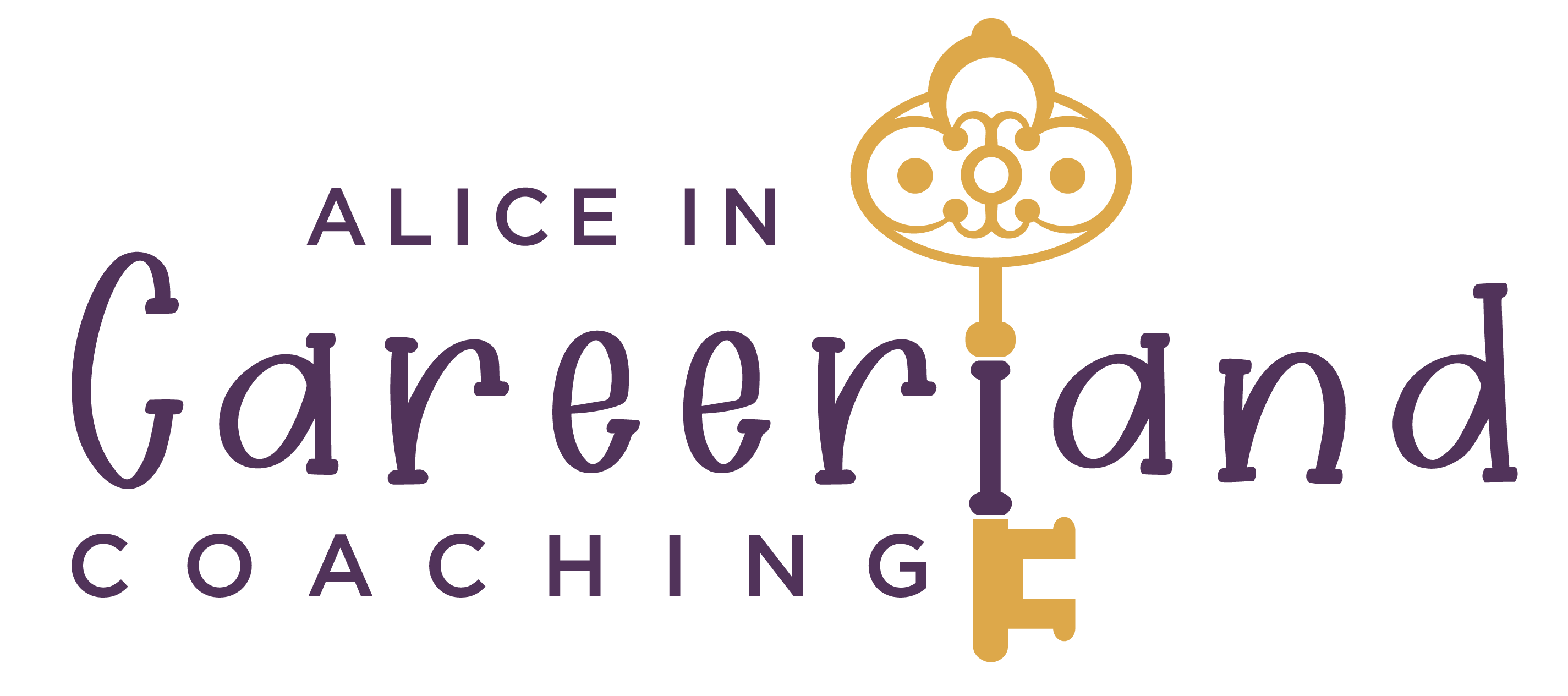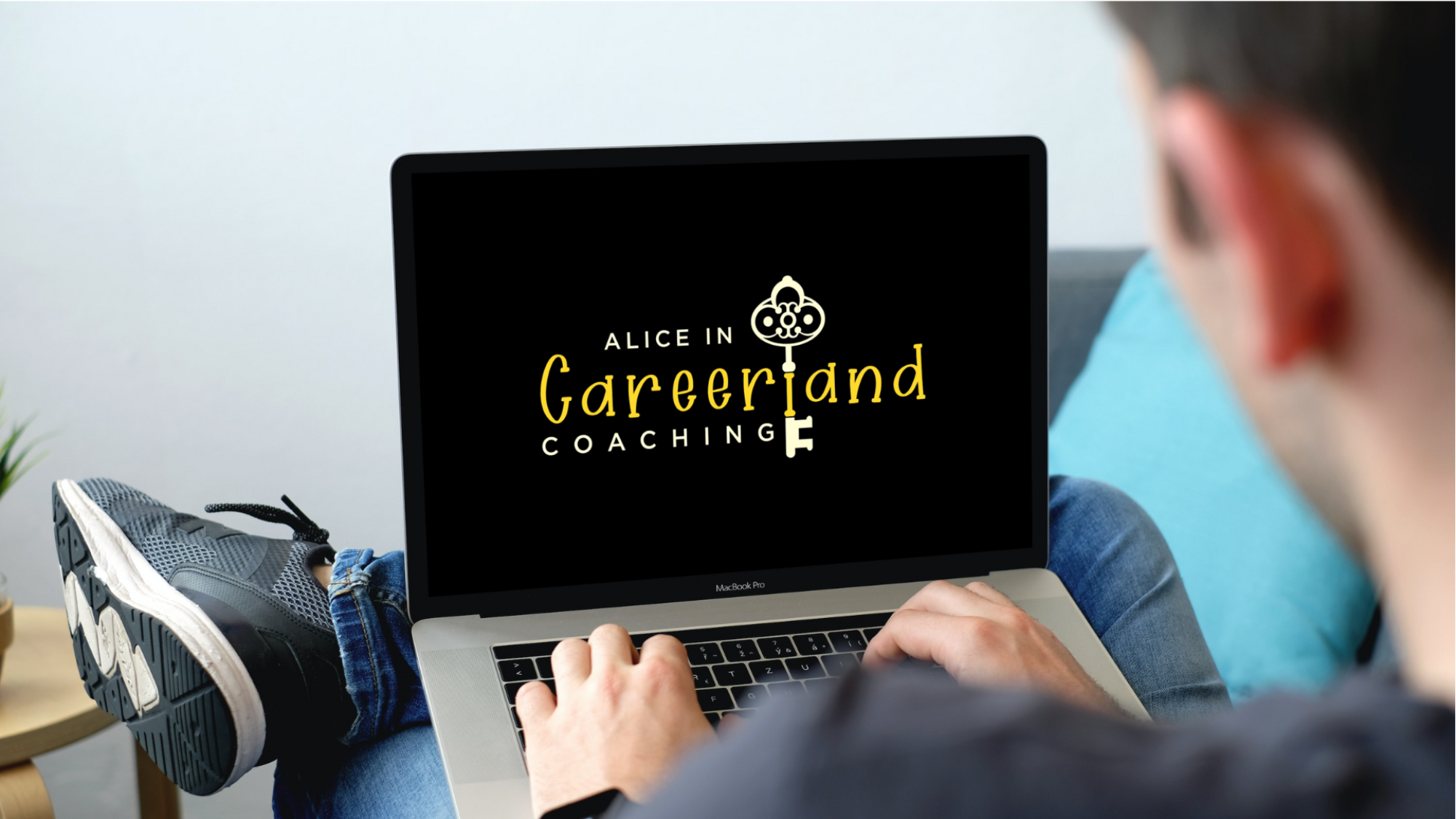Welcome, intrepid tech enthusiasts and seasoned code warriors! Whether you’re a fresh-faced graduate stepping into the arena for the first time or a battle-hardened veteran ready for another round, we’re all here for the same reason – The Technical Interview.
Step 1: You Can Run, but You Can’t Hide… from Practice
The secret to acing technical interviews? Practice, practice, and then practice some more. Platforms like LeetCode, HackerRank, or CodeSignal are essentially your new Hogwarts, where you train your wizarding… I mean, coding skills. They house hundreds of problems sorted by difficulty and topic. But remember, slow and steady wins the race, so start with the easy problems and gradually move up to the mediums and the hards.
Typical Technical Interview Questions To Help You Practice:
Backend Developer
- “How have you handled high-load situations in your past projects? Can you give an example of when you had to deal with an unusually high number of requests?”. This question evaluates your practical experience with high-load situations and their knowledge of optimization strategies.
- “Can you write an SQL query to find all employees who earn more than their direct manager? What techniques would you use to optimize such a query?”. This question probes your expertise in SQL and query optimization.
- “Can you explain how a RESTful API works and how you would go about designing one?”.This question assesses your understanding of REST principles and API design.
- “How would you implement user authentication and authorization in a web service? Can you give an example from one of your past projects?This question tests your knowledge of security concepts and their ability to apply them in real-world situations.
- “Could you describe your approach to maintaining data consistency in a distributed system?”. This question evaluates your understanding of distributed systems and data consistency strategies.
- “Can you share an example where you used caching to improve the performance of a backend system?”. This question probes your. practical experience with caching mechanisms and strategies.
- “Could you explain your approach to testing in backend development?”. This question assesses your understanding of different testing methodologies in a backend context.
- “How do you ensure secure storage of sensitive information in your applications?”
- This question tests your understanding of secure data handling practices.
- “Can you discuss your process for deploying and maintaining a backend application in a production environment?”. This question assesses your experience with DevOps and CI/CD processes.
- “How do you handle error logging and monitoring in your applications?”. This question tests your understanding of application monitoring and debugging practices in a production environment.
- “Can you describe a time when you had to troubleshoot and solve a performance issue?”. This question evaluates your problem-solving skills in high-pressure situations.
Frontend Developer
- Can you explain your process for building a responsive web design? Could you share any specific techniques or practices you’ve found to be effective?”. This question tests understanding of responsive design principles and their practical application.
- “What strategies have you used to manage state in a complex React application? Can you provide examples from your past projects?”. This question examines familiarity with state management concepts and libraries in the React ecosystem.
- “Could you describe how the JavaScript event loop works and why it’s important for asynchronous programming?”. This question assesses fundamental JavaScript knowledge and understanding of asynchronous programming.
- “How would you approach improving web page performance? Can you give examples of techniques you’ve used in your previous work?”. This question evaluates knowledge of web performance optimization techniques and their practical application.
- “Can you explain the difference between Shadow DOM and Virtual DOM, and when you might use one over the other?”. This question tests understanding of modern DOM manipulation techniques and their use cases.
- “What process or tools do you typically use for debugging a web application?”. This question assesses knowledge of debugging methodologies and tools.
- “How have you approached testing in your frontend projects? Could you give examples of any testing frameworks or libraries you prefer to use?”. This question probes understanding of different testing methodologies and tools in the frontend development context.
- “What measures do you take to ensure accessibility in your web applications?”. This question tests understanding and application of web accessibility (A11Y) standards.
- “Can you explain how you manage and track project dependencies? Have you faced any challenges with version management in the past?”. This question assesses experience with package management and version control.
- “How do you stay updated with the latest frontend technologies and trends? Could you share any recent advancements that have caught your interest?”. This question evaluates ongoing learning and awareness of the rapidly evolving frontend technology landscape.
Step 2: Mock Interviews: Your New BFFs
Think of mock interviews as dress rehearsals before the grand premiere. Sites like Pramp or interviewing.io offer free mock interview services. This gives you a chance to experience real-time interviews and receive constructive feedback. Remember, practice makes perfect, but practice with feedback makes you a technical interview gladiator.
Step 3: Speak the Language of Your Interviewer
In technical interviews, it’s important to speak in terms that your interviewer will understand. Using the appropriate jargon is crucial, but remember that clarity should always be your main goal. If the interviewer asks you to explain a complex topic, try to do so in a way that is concise, comprehensive, and comprehensible. This will not only demonstrate your knowledge but also your communication skills, which are highly valued in any role.
For instance, if you’re asked about your experience with databases, instead of simply saying “I’ve worked with MySQL,” you could respond: “In my previous role, I worked extensively with MySQL, managing large data sets. I designed and normalized database schemas, wrote complex SQL queries, and used stored procedures to increase the efficiency of our data retrieval operations.”
Step 4: Illustrate with Examples
When discussing your experiences or explaining complex concepts, providing concrete examples can make your answers more impactful. Whether you’re explaining how you’ve implemented a specific design pattern or discussing a challenging bug you’ve solved, real-life examples can add depth to your responses and illustrate your problem-solving skills.
If the interviewer asks, “Can you tell me about a time you had to troubleshoot a complex software issue?” you could detail an instance where a difficult bug was causing application crashes: “In a project I worked on, we faced an issue where the application was frequently crashing due to a memory leak. I used profiling tools to pinpoint the leak within a specific module and then restructured the code to properly manage memory allocation and deallocation, which resolved the issue.”
Step 5: Handle the Unexpected
Interviewers may ask questions that you didn’t prepare for or present scenarios that you haven’t encountered. It’s important to stay calm and take these situations as opportunities to showcase your problem-solving skills and adaptability. If you’re unsure, it’s okay to ask for a moment to think, or even to admit that you don’t know the answer but describe how you would go about finding it. Honesty and the ability to learn quickly are often appreciated by employers.
Suppose you’re asked, “What is the Time Complexity of a Binary Search?” and you can’t remember. Instead of panicking, you could say: “I apologize, I’m unable to recall the specific time complexity of a binary search at this moment. However, I would generally look up this type of information to ensure accuracy before applying it to my code. I believe it’s generally more efficient than linear search due to its divide-and-conquer strategy.”
Step 6: Ask Insightful Questions
Remember, an interview is a two-way street. Asking thoughtful questions about the role, the company’s technology stack, or their development processes not only shows your interest in the job but also helps you determine if it’s the right fit for you. It also gives the interviewer a chance to see your thinking process and your priorities as a developer.
For example, after discussing a specific project that the company is working on, you could ask:
- Could you share more about the technology stack that’s being used for this project?
- How do you approach decisions about introducing new technologies or frameworks into existing projects?
- Can you describe the software development life cycle in your current projects? How do you handle project management and collaboration?
- What code review processes do you have in place to ensure code quality and maintainability?
- What is the company’s approach to innovation? How do you explore and implement new tech trends or methodologies?
- How does the team handle technical debt? Is there a balance between delivering new features and refactoring or updating existing code?
- Could you tell me more about the team I’ll be working with? What’s the team structure and collaboration style?
- How does the company invest in the growth and learning of its engineers? Are there opportunities for professional development, such as attending workshops or conferences?
- What type of testing and CI/CD processes do you have in place?
- What are some of the most significant technical challenges that the team is currently facing?
- How do you ensure the security of your software applications? Can you share some best practices or protocols that are currently in place?
- How does your team handle the documentation of projects and code?
Remember, these questions not only show your engagement with the interview, but also help you learn more about the company culture, the team you might join, and the technical practices the company follows. This can help you make an informed decision if you receive a job offer.
Step 7: Showcase Your Soft Skills
While technical skills are obviously crucial in a technical interview, don’t overlook the importance of soft skills. Skills like communication, teamwork, and problem-solving are highly valued in the tech industry. Use the interview as an opportunity to demonstrate these skills. You can discuss experiences where you’ve collaborated with a team, resolved conflicts, or led projects to successful completion.
When asked about your teamwork experience, you could respond with something like: “In my previous role, I collaborated with a cross-functional team to develop a client’s web platform. We had regular stand-up meetings and used Agile methodologies to streamline our work. This environment helped me develop my communication and team collaboration skills. One of the challenges we faced was integrating our code, but we solved this by implementing a robust code review and continuous integration process.”
Step 8: Follow Up
After the interview, it’s good practice to send a follow-up email to thank the interviewer for their time and to express your continued interest in the role. This shows professionalism and could help you stand out from other candidates.
An example of a follow-up email could be:
“Dear [Interviewer’s Name], I wanted to express my appreciation for the opportunity to interview with you today. I enjoyed learning more about your team’s work and the role. The project sounds exciting, and I am particularly interested in how you’re using [specific technology or methodology discussed in the interview]. Thank you for considering my application. I look forward to the possibility of contributing to your team.”
This concludes our deep dive into the technical interview process. Remember, preparation, practice, and the ability to communicate effectively are key. Good luck!

